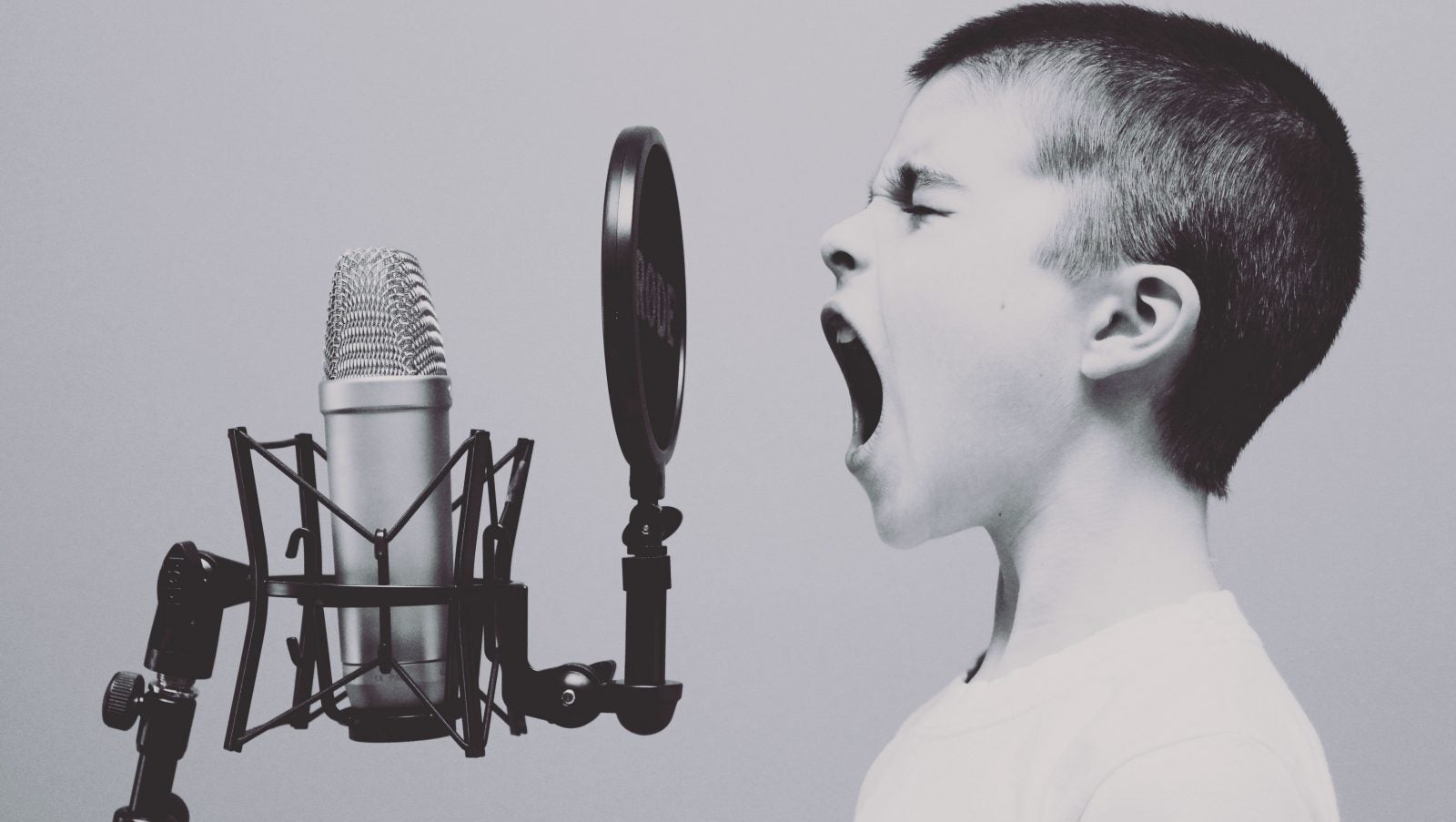A new museum for language buffs wants to make America read again
Sometime during the height of the US presidential campaign, language and its capacity to be coded and manipulative became a national, if not global, preoccupation. At Quartz, for instance, we have obsessed about why president Donald Trump sounds racist when he talks about “the blacks”; why his first joint address to Congress seemed gentler while his policies haven’t changed; and how linguistics could help people who disagree with each other see a shared reality again. (And these are just a few of our recent language stories.)


Sometime during the height of the US presidential campaign, language and its capacity to be coded and manipulative became a national, if not global, preoccupation. At Quartz, for instance, we have obsessed about why president Donald Trump sounds racist when he talks about “the blacks”; why his first joint address to Congress seemed gentler while his policies haven’t changed; and how linguistics could help people who disagree with each other see a shared reality again. (And these are just a few of our recent language stories.)
Language buffs like us will have a new destination in the US when Planet Word, a museum set to open in Washington, DC, opens in the winter of 2019.
Ann Friedman, a literacy and education advocate and former reading teacher, started to plan for the museum even before this mini-linguistics renaissance. The idea came to her after she read a New York Times story about a math museum opening in Manhattan.
“I thought ‘There’s the idea. That’s what I should do,'” she says. “Personally I felt that the decline in literacy and people reading for pleasure or subscribing to newspapers was quite threatening to democracy.”
A public that reads has a stronger civic dialogue, she asserts, pointing to a 2007 National Endowment of the Arts (NEA) study that found literary readers are more likely to volunteer and support communities and the arts. After the 2016 election, she felt her mission to build Planet Word that much more urgently.
Like most modern museums, Planet Word will be interactive, and the charity planning it already has a website and an impressive board of directors and advisory board members. Rhetorical analysis will be a key focus: visitors will be invited to admire and parse the ways words influence a person’s worldview, persuade people to part with their money or votes, and tilt the power dynamic between individuals and groups.
Friedman would like people to understand how mastering natural language helped IBM’s Watson win on jeopardy, what language analysis can tell us about brain health, and how Google knows that a person who searches for a plural noun, like “cameras,” is more likely to be shopping than someone who searches for a singular noun. One planned exhibition will ask a museum-goer to decide whether a news story was written by a person or a robot. (There’ll be pressure for Friedman’s husband, the journalist, author, and three-time Pulitzer Prize-winner Tom Friedman, to nail this.)
The language museum, at the historic site the Franklin School, will also house a working language research lab, open to visitors who want to play guinea pig for studies into topics like how dialect preferences prejudice decision-making, says Friedman. It won’t be all serious, however. There’s talk of bathroom humor in the restroom stalls and word play in the cafeteria. Rap, rhymes, and jokes will be deconstructed through interactive exhibitions. The museum’s raison d’etre will be to stir up interest in, and a love for, the science of language, and hopefully lead adults and children to not only pick up a book more often, but also stretch their vocabulary, perhaps inspired by charmers like ballerino or momblishness.
The framework for all of the exhibits will be descriptive, not prescriptive: “The goal will be to inform people, not make a value judgement,” Friedman explains. “The main message is that language is always changing, and that’s something we shouldn’t be afraid of.”
Friedman and her team say this museum is long overdue. They have a point: Reading habits have been suffering in the US, and literary reading—whether of books, poems, plays, or short stories—had been sliding steadily. Surveys by the National Endowment for the Arts found that in 1982, nearly 57% of Americans said they had read a piece of literature over the previous year. By 2015, that number had dropped to 43%. Pew Research found that about one in four Americans say they have not read any type of book, or even part of a book, in any media format over the past year.